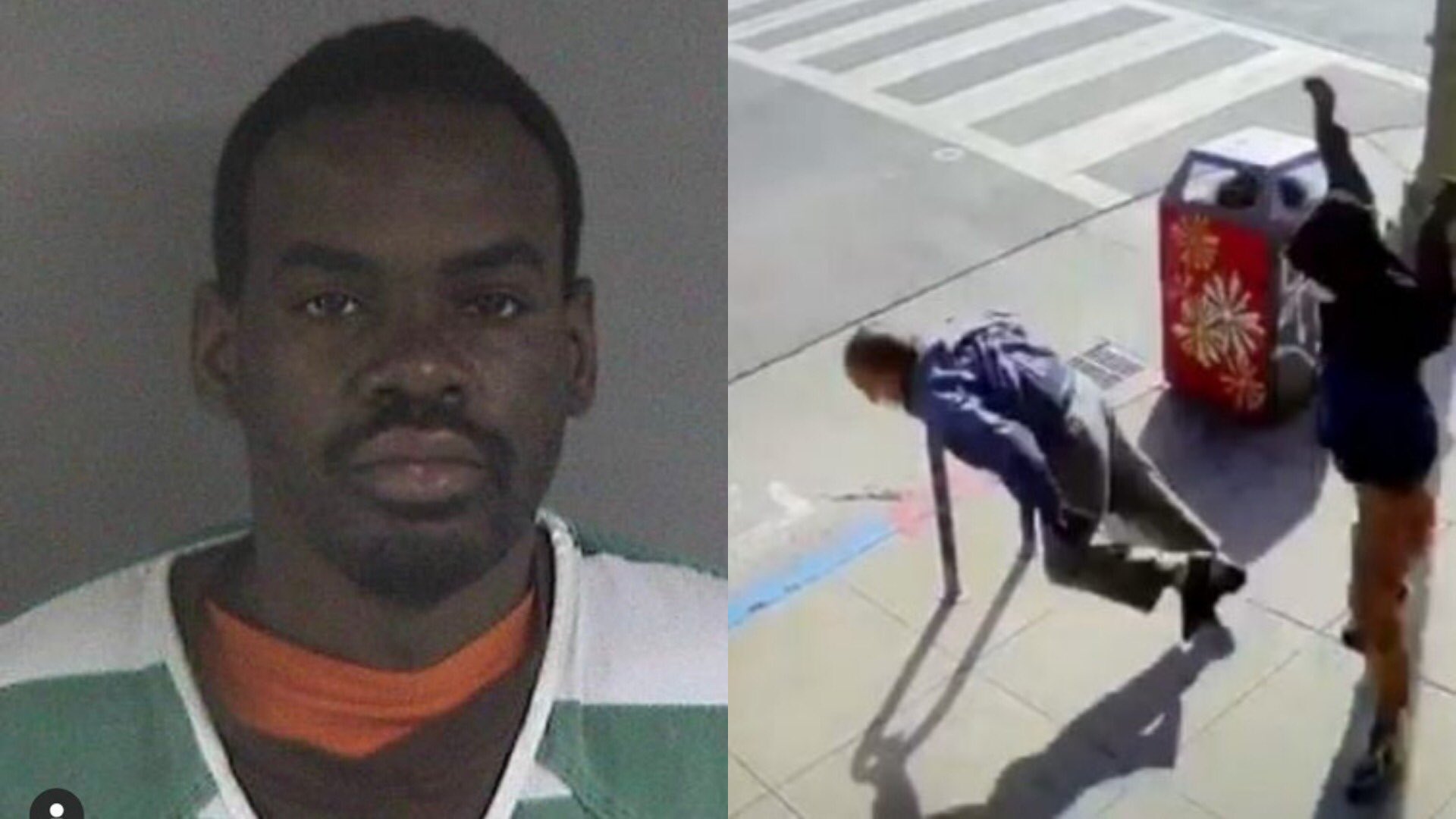I wonder if the Asian community still feels the same way they did before about Affirmative Action and race specific policies (especially for ADOS).

“Anti-black racism influences matters from
housing to the
air quality in your neighborhood, from access to health care to whether your doctor
treats you
well. It shapes how you are viewed in
professional settings and
by police,
teachers and
bankers. Though the glimpse I got into black people’s experience of racism was eye-opening, my understanding of it was still limited.
[...]
As protests against racial inequality and police brutality gathered in New York and nationwide,
I received text messages from some of my Asian friends urging me to stay inside, where it’s safe.They told me that Asians should not get involved in these struggles — that these matters didn’t concern us. That if violence were to break out during the protests, we would end up becoming “collateral damage.
[...]
But America’s racial narrative does involve us. It created the model-minority myth — the notion that Asian Americans are successful because we’re hard-working, obedient and don’t complain — which many within our community bought into over the years. But that myth is not an honest compliment: The U.S. government used it to
discredit the civil rights movement and to win allies in the Cold War. It’s also been wielded against us to
keep Asian Americans in line, to
prevent us from entering certain professions, and
to pit us against black people and other people of color.
Meanwhile, it was largely because of black activists’ efforts during the civil rights movement that the Immigration and Naturalization Act of 1965 was passed, removing immigration quotas based on national origin and ushering in a wave of Asian immigrants. The Black Power Movement also helped spark Asian American advocacy — in fact, the term “Asian American” was coined in 1968 by University of California at Berkeley students Emma Gee and Yuji Ichioka, who drew inspiration from the Black Power Movement.
[...]
As sociology professor Anthony C. Ocampo recently
told Time magazine, by taking a stand against anti-black racism, Asian Americans send an urgent message: “The same racist logic schemes that are keeping our communities down might look different in Black communities than they look in Asian American communities, but it’s still the same system” — one that puts Asian Americans “in a position where we can’t write our own stories in this country.” For some Asian Americans, taking a stand has meant attending protests.
(Regina Kim, July 17/2020, I’m Asian American. The pandemic showed me why black people feel so unsafe, Washingtonpost)
Unfortunately Breonna Taylor, Atatiana K. Jefferson and Botham Jean couldn’t say the same.

 That's crazy coming from another failing state.
That's crazy coming from another failing state. Y'all go to far with this fake militant internet nerd shyt. I'm from the Bay and it's full of mentally ill psychopaths with no conscience doing indefensible senseless shyt. And most violence in the streets of the Bay is black on black like in most urban areas, but armchair activists ain't marching for that. Especially since there has been a serious increase in black on black violence in every city that rioted this past year. But that's what they wanted to happen. That's why Baltimore didn't riot this past year because Baltimore has broken a new violent crime record every year since the 2015 riots and every city that rioted in 2020 will see a similar trend. Keeping on letting these Jews who run the media play y'all like a fiddle.
Y'all go to far with this fake militant internet nerd shyt. I'm from the Bay and it's full of mentally ill psychopaths with no conscience doing indefensible senseless shyt. And most violence in the streets of the Bay is black on black like in most urban areas, but armchair activists ain't marching for that. Especially since there has been a serious increase in black on black violence in every city that rioted this past year. But that's what they wanted to happen. That's why Baltimore didn't riot this past year because Baltimore has broken a new violent crime record every year since the 2015 riots and every city that rioted in 2020 will see a similar trend. Keeping on letting these Jews who run the media play y'all like a fiddle.



